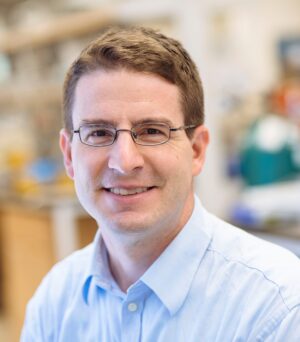Research Focus
The Aquatic Chemistry Laboratory is focused on chemical reactions that affect the fate and transport of heavy metals, radionuclides, and other inorganic constituents in natural and engineering aquatic systems. Major research themes in the group are (1) drinking water treatment and supply, (2) environmental geochemistry of soil and groundwater, and (3) the environmental impacts of energy byproducts.
A summer undergraduate research project is available on the removal of arsenic from drinking water using an iron electrocoagulation treatment process. Arsenic is a critical contaminant in many drinking water supplies that comes from both natural and anthropogenic sources. Iron electrocoagulation is an option for arsenic removal. Its use of electrical as opposed to chemical inputs and its modular design could make it an attractive treatment approach for small-scale and remote treatment systems. Previous research by our group and others has demonstrated its effectiveness in batch experiments, but its performance in a continuous-flow process is largely unknown.
In this project a student will work on a team to conduct iron electrocoagulation experiments on the removal of arsenic from water in a bench-scale flow-through reactor. Variables that may be assessed in the set of laboratory experiments include aspects of the water chemistry (pH, dissolved oxygen, total dissolved solids, natural organic matter) as well as the reactor operation (residence time, electrode spacing, current density).
Skills, Techniques, and Methods
Students conducting research in the Aquatic Chemistry Laboratory will:
- design and perform bench-scale experiments
- conduct quantitative analysis of trace elements and measure other water chemistry parameters
- characterize solid phases generated in the treatment process
- process and interpret data generated in experiments
- communicate the research process results in both oral and written formats
Research Conditions
The research is laboratory-based and will involve experiments at the laboratory bench and associated office- and library-based work on data analysis, review of the literature, and preparing written communications. Participating students will complete both general and laboratory-specific safety training. Anticipated allocations of time will be about 50% in the laboratory and 50% on office- and library-based tasks with much of that time working at a computer.
Team Structure and Opportunities
Our research team includes doctoral students and undergraduate students. Undergraduate students work closely with one of the doctoral students at their daily point-of-contact. Undergraduate students meet at least weekly with Daniel Giammar. The full Aquatic Chemistry Laboratory group has a weekly research group meeting, and the participating undergraduate students will give a presentation in this meeting near the end of their research experience.
